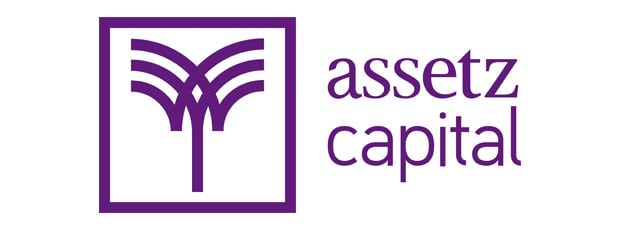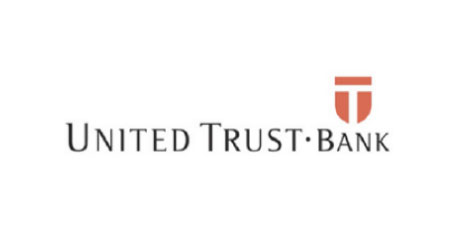Bridging Loan Broker
Quick, reliable and accessible bridging loans. Rapidly access the funds you need to get your project moving.
Residential Bridging Loans
Secure your dream property before the opportunity passes you by. Borrow from £125,000 to £15 million.
Our residential bridging loans are often used to:
- Purchase residential property to live in, renovate, develop or rent out
- Raise funds against residential property you already own
Development Bridging Loans
Enjoy a cash injection that allows you to be agile and capture portfolio and project opportunities. Borrow up to £15 million and have your money within 48 hours.
- Extremely reliable – get your money on time, when you need it
- Access the whole of market and enjoy the best value loans
Commercial Bridging Loans
Specialist bridging loans over £500k. Our experts have wide-ranging experience providing commercial bridging loans for a broad spectrum of projects.
Trust us to get your deal across the line.
- Borrow from £125,000 to £15 million
- Get your funds within 48 hours
- A more adaptable and flexible approach than commercial mortgages
What our customers say
These testimonials are based on individual
circumstances and cannot be taken as a guide or advice.
“We were unable to get a loan anywhere. Nobody would fund building the house. We then approached Andrew who was unbelievably helpful. He was the only person who would even entertain the idea of trying to help”.
- Peter Tillet
“Andrews nature and experience allowed for him to cut through some problems that we found with the other professionals. IE the solicitors and the banks”.
- Alan Overton
For regulated bridging loans the typical APR is 14.60% based on a loan size of £250,000 and fixed for 12 months, regulated bridging loans are for a maximum term of 12 months.
Our trusted lenders







COMMERCIAL AND DEVELOPMENT BRIDGING LOANS ARE NOT REGULATED BY THE FINANCIAL CONDUCT AUTHORITY. YOUR HOME MAY BE REPOSSESSED IF YOU DO NOT KEEP UP PAYMENTS ON YOUR MORTGAGE. THINK CAREFULLY BEFORE SECURING OTHER DEBTS AGAINST YOUR HOME.CHECK THAT THIS MORTGAGE WILL MEET YOUR NEEDS IF YOU WANT TO MOVE OR SELL YOUR HOME OR YOU WANT YOUR FAMILY TO INHERIT IT. IF YOU ARE IN ANY DOUBT, SEEK INDEPENDENT ADVICE.
We are a credit broker, not a lender. We may receive commissions that will vary depending on the lender, product, or other permissible factors. The nature of any commission model will be confirmed to you before you proceed.
The relationships we build with our customers are incredibly important to us. Hear what they have to say, and learn why people across the UK rely on Rapid Bridging as their chosen bridging loan broker time and time again.

"It looked impossible. We tried almost everything. Eventually, it was Andrew and Rapid Bridging that was able to help us solve the issue"
KEN & MARION
Ken & Marion

"I would not for one minute hesitate in recommending Andrew because he always has a solution for every situation"
REZA STOCKPORT
Reza Stockport
"Rapid by name and their services !
We were wanting a fast turn around on a bridging loan and Andrew made that possible with his professionalism that we found to be excellent. Nothing was too much trouble for him, he was a pleasure to deal with, we would highly recommend him and use Rapid Bridging Finance again if needed"
GEOFFREY MCKILLOP & SUSAN ELLIS
"Professional company, with specialist knowledge. Help me with a very complex financial situation. Would highly recommend"
LYNSEY TURNER
Contact us
Fast-track and quick bridging loans nationwide. Enquire today and we’ll get back to you within 10 minutes.







